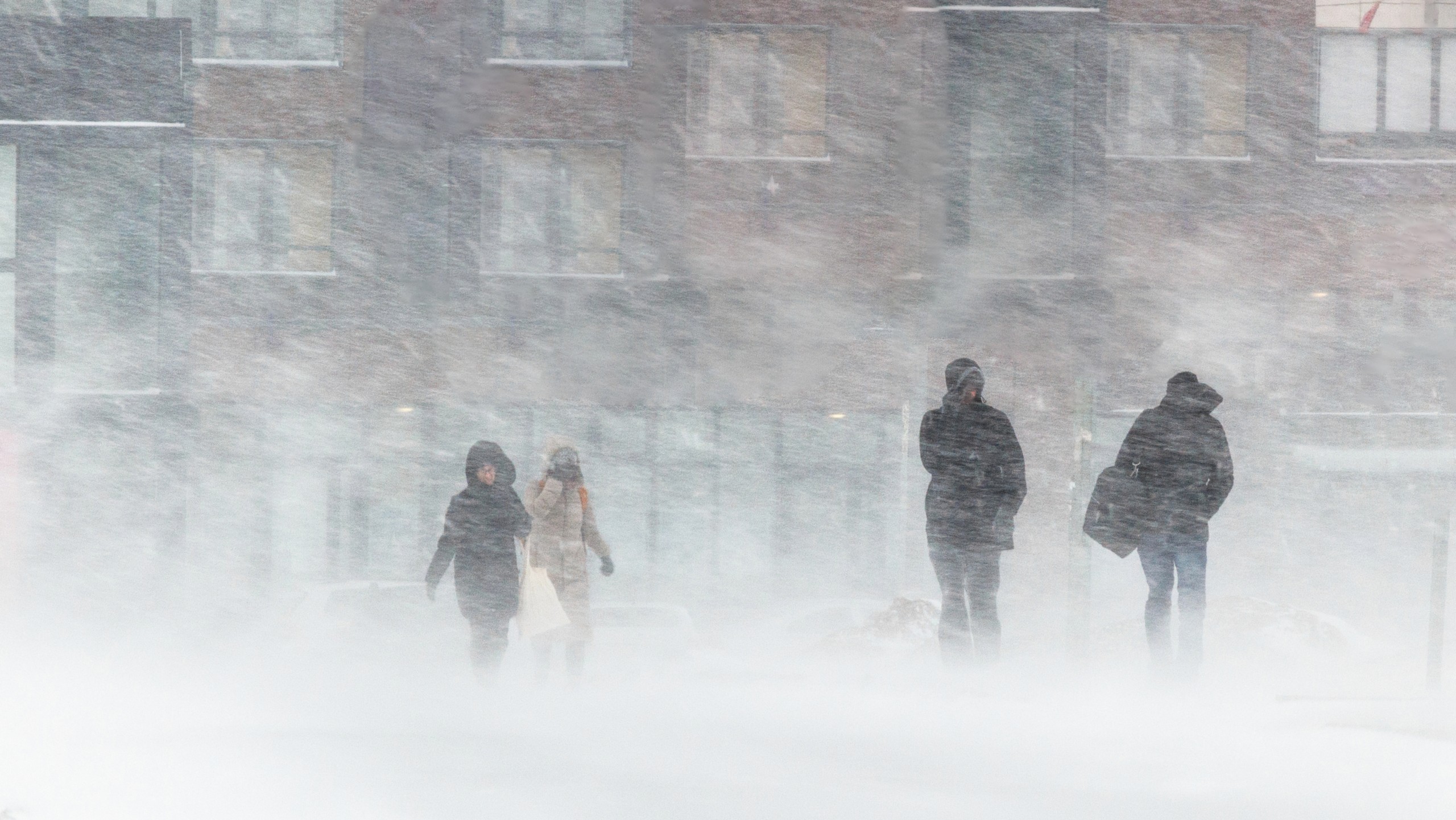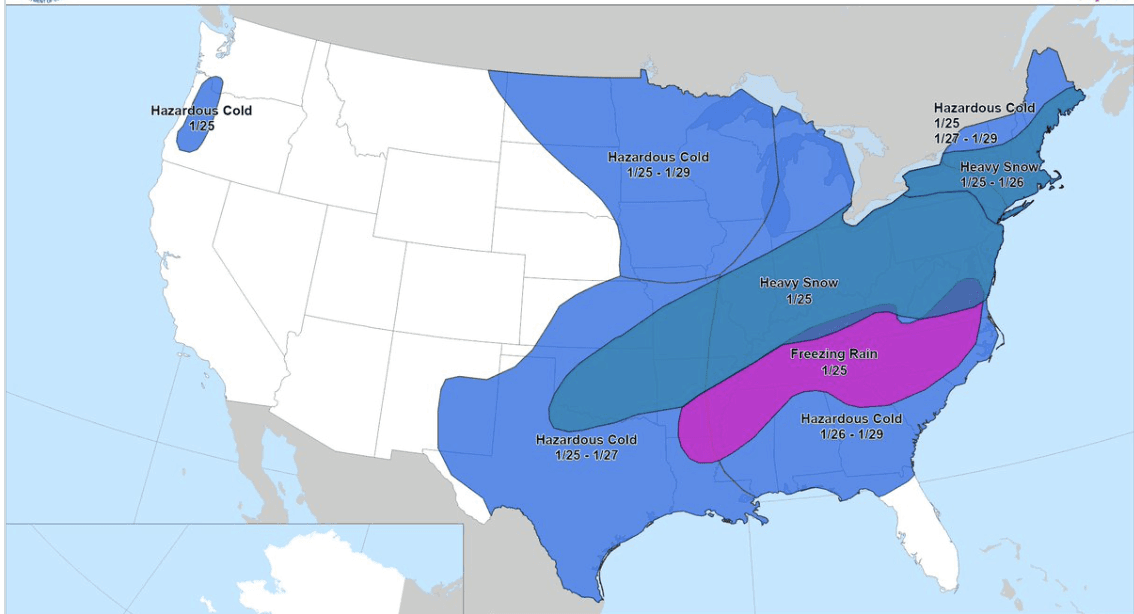Recovery
Caring for pets immediately after a disaster
Jun 11, 2025
If you are a pet owner, you will have some additional considerations in the immediate aftermath of a disaster.
Bright Harbor Tip
If needed, you can request new copies of your pet’s vaccination records from your vet.
What To Do
If your pet is lost, start the search process as soon as possible.
Replace essential pet supplies (e.g. medication, food, bedding).
Keep all receipts for expenses (e.g. temporary housing expenses, supplies).
Find boarding or pet-friendly temporary housing.
If Your Pet is Lost
Start searching immediately. Pets often become disoriented during disasters and may flee.
If you are able to access your property shortly after evacuation, leave out items with your scent (e.g., a used towel, a sweater) in case your pet finds its way back.
Ensure your contact information is correct with your pet’s microchip registry.
Contact local animal shelters and rescue groups. Many set up special disaster response teams to track down lost pets.
Check with local veterinarians. Injured pets may be taken to nearby clinics.
Post to online lost pet databases like Pawboost or Petco Love Lost, as well as Nextdoor and Facebook groups for your area.
Set up lost pet posters and flyers in shelters, vet offices, and community centers.
Pet Supplies to Replace After a Disaster
If your home was damaged, your pet’s essential supplies will likely also need to be replaced. Animal shelters and rescue groups may have free pet supply drives for survivors to get donated food, crates, and other supplies. Prioritize:
Food and water bowls
Pet food and treats (look for emergency pet food assistance from local shelters)
Leashes, collars, and ID tags (ensure your pet has updated contact info)
Bedding and toys
Litter box and pet waste bags
Medications and medical records (ask your vet for replacements if needed)
Pet carrier
Renting with Pets After a Disaster
After a disaster, your first priority is finding temporary housing. Finding pet-friendly rental housing can be challenging, but not impossible:
Search for pet-friendly listings using filters on:
Airbnb, VRBO, Zillow, Apartments.com
Facebook Marketplace & Craigslist (be cautious of scams)
Prepare pet documentation:
Up-to-date vaccinations (landlords may require proof)
Pet resume (include pet’s training, breed details, and good behavior history)
References from previous landlords (if possible)
Ask about pet deposits & fees – Some rentals may waive fees for disaster survivors.
Offer a pet interview – If landlords are hesitant, invite them to meet your pet to ease concerns.
Consider short-term pet fostering if you can’t find pet-friendly housing right away.
Boarding and Temporary Housing for Pets
Not all emergency shelters allow pets – Confirm in advance if your shelter is pet-friendly.
Options for temporary pet boarding:
Local animal shelters & rescues – Some offer free or low-cost temporary housing for pets.
Pet-friendly hotels & Airbnb listings – Check: https://www.bringfido.com
Veterinary offices & pet daycare centers – Some may provide short-term boarding.
Foster programs – Some rescues and community members volunteer to foster pets temporarily.




